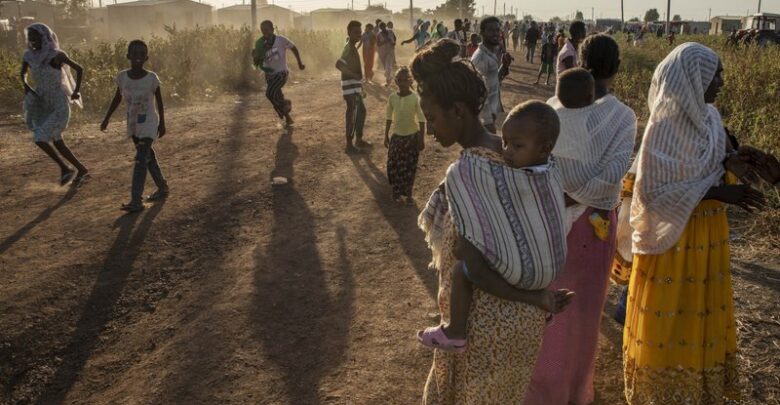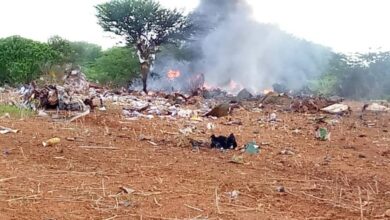Ethiopia
WFP Calls For Urgent Action To Prevent Humanitarian Disaster In Ethiopia

The United Nations World Food Programme (WFP) on Tuesday called for necessary steps to prevent a drought-induced humanitarian catastrophe in Ethiopia, reported CGTN Africa.
In its latest situation update, the WFP said early action needs to be taken to prevent a humanitarian disaster in Ethiopia.
“Livestock are dying, crops are failing, and an estimated 5.7 million people wake up hungry every day in southern and south-eastern Ethiopia as the Horn of Africa grapples with the most severe drought since 1981,” the WFP said.
According to the UN body, the drought has affected some 6.8 million people in Ethiopia so far. It said that the shortages of water and pasture have adversely affected livelihoods, forcing Ethiopians to leave their homes across the regions in southern and south-eastern Ethiopia.
The WFP said that three consecutive failed rainy seasons have decimated crops and led to abnormally high livestock deaths. It appealed for immediate assistance to avoid a major humanitarian crisis in the drought-affected areas of Ethiopia and help communities become more resilient to extreme climate shocks.
The UN food body said 130 million U.S. dollars is urgently needed to provide assistance over the next four months, responding to the needs of 3.5 million of the most drought-affected people. It stressed that the support needs to be scaled up now, while the dry season is at its peak.
The WFP, which is already on the ground providing families with cash and emergency assistance, has launched its Drought Response Plan, targeting 3.5 million people with emergency food and nutrition assistance, school feeding programs, climate change adaptation, and resilience-building activities.
Notably, in January this year, unusual migration of more than 17,000 households with over 1.4 million livestock was reported in Ethiopia’s Somali region alone, as they searched for water and green pasture. It was noted that thousands of livestock reportedly died along the way.
Food assistance is already being delivered in the Somali region, while malnourished children and mothers are being given nutritionally fortified foods.






